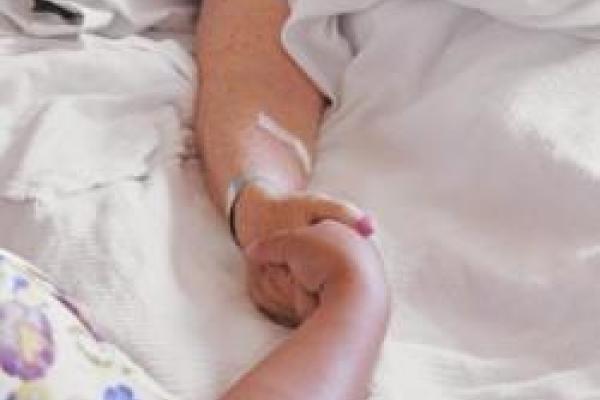
Fri, February 7, 2014
All Day
Ohio Union Senate Chamber
This one-day symposium presents collaborative research conducted by scholars and practitioners from fields such as internal medicine, nursing, palliative care, linguistics, folklore, ethics, and anthropology. Together, they will discuss ways of promoting holistic approaches for talking toward and through the end of life.
End-of-life planning and practices, including Advance Care Planning (ACP), hospice, and palliative care, bring together a range of social actors. Patients, loved ones, doctors, nurses, social workers, clergy, and other engaged parties differ in their perspectives, relationship to the patient's care, and degrees of comfort with questions of death and dying. Institutional, cultural, and emotional divides can create conflicts of understanding or the simple lack of a vocabulary with which to address end-of-life planning. Thus multiple disciplinary frameworks can be valuable in shaping procedures and practices intended to ensure that patient wishes are voiced, heard, and respected.
